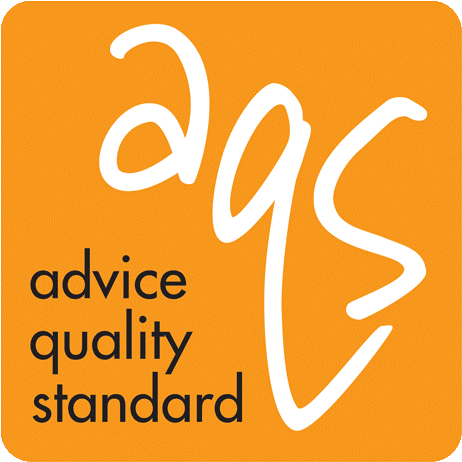Christmas is coming, 2024 isn’t far away now and I hope we all have the chance to spend time with our loved ones over the next few weeks to celebrate the occasions, people and things that matter to us.
But December is always a time for me, and many others, to look back and remember. Since 1988, every 1st December is World AIDS Day. I celebrate it every year because I and so many more have made it through yet another year. I celebrate it, too, because it is a chance to remember our friends, loved ones and role-models we lost along the way.
This year the international theme of the day is “Let Communities Lead”. So this year, I’ll reflect on how our own community has led the way. Since the world began to learn about AIDS, it has been those closest to the disease who have driven change, to fight the disease and to help those affected. Organisations of communities living with, at risk of, or affected by HIV were and continue to be the frontline of progress in responding to HIV. Globally, communities link people with patient-centred health services; communities build trust and drive innovation, and those same communities work to battle stigma, hatred and misinformation.
But here in the UK, and worldwide, communities are being held back in their leadership and their potential is being stifled. Funding shortages, policy and regulatory hurdles, capacity constraints, and crackdowns on civil society and on the human rights of marginalised communities, are obstructing the progress of HIV prevention and treatment services. If these obstacles are removed, community-led organisations can add even greater impetus to the global HIV response, advancing progress towards the end of AIDS. In that sense, perhaps, HIV is no different to any of the other frustrating challenges that our clients face every day.
But there remain significant differences: stigma, fear and distrust. The memory of the fear-laden 1980’s television adverts and rabid media stories looms large for too many who remain naive and out of touch. But that fear and prejudice is ill-placed. It is true that there is still no cure; it remains a chronic illness with serious implications for those affected. But positively, people affected by HIV can now expect to live for many years so one of our key challenges is to enable them to live well. This is where positive people can make a real difference to those around them through peer mentoring, peer support and befriending services; we can show one another the way. Alongside my day-job as a civil servant and my role here as vice-chair, I work with a national HIV peer-support charity, Plushealth, firstly as a trustee and most recently I returned as their patron. We are there to offer support at all the key stages: post-diagnosis, when drug fatigue sets in, as clients, or whenever they need us. You can find out more about our work or support us here Plus health.
Another key challenge is to help people avoid contracting the illness in the first place. We can all play our part here by getting tested, official efforts suggest there are roughly 4,400 people living in the UK who are undiagnosed. If we know our status then we can get treatment and protect ourselves and others. Effective treatment suppresses the virus to the extent that it no longer detectable in blood tests because there are so few copies of the virus floating around inside us (this is referred to as being undetectable) and then it cannot be passed on hence the expression “U=U (Undetectable = Untramsmissable”).
Talking of protecting ourselves, we have a really exciting opportunity: ‘prep’ (pre-exposure prophylaxis) and this is a drug that people can take to prevent them contracting HIV. So, if you think you could be a risk then reach out to keep yourself safe.
A useful source of information is the Terrence Higgins Trust https://www.tht.org.uk/hiv-and-sexual-health/about-hiv or just ask me.
So to sum up, I will mark World AIDS Day this year (as I do every year) to celebrate the wonderful things that so many positive folk have done over the last 42 years.
By Lee Forster-Kirkham

